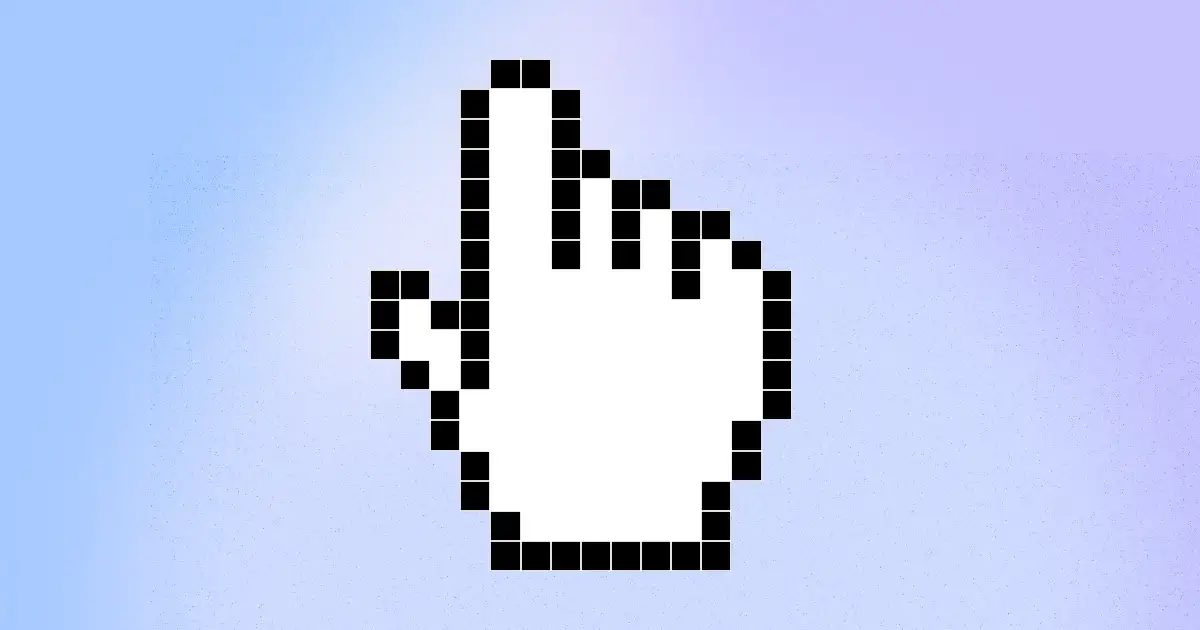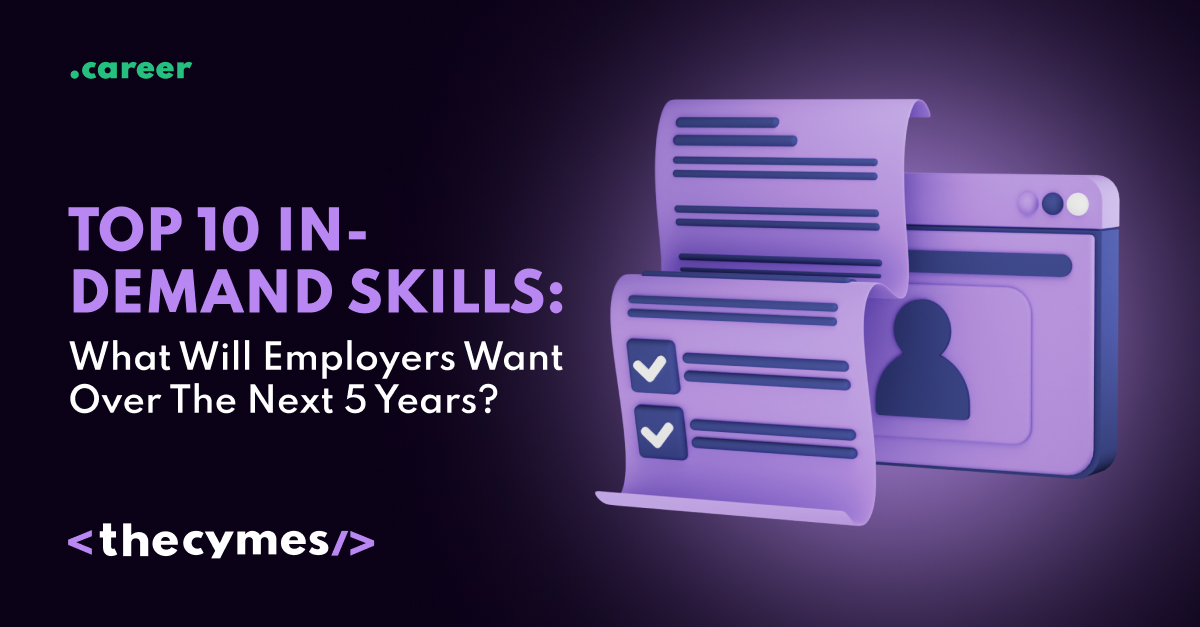.entrepreneurship28 August 17:06
0<
Procrastinator's Delight: Why Your 'Later' Might Be Better
/>Read our new article to discover how those delays might be your secret superpower! be updated on the latest tech newsGet exclusive news updates and overview on tech market




